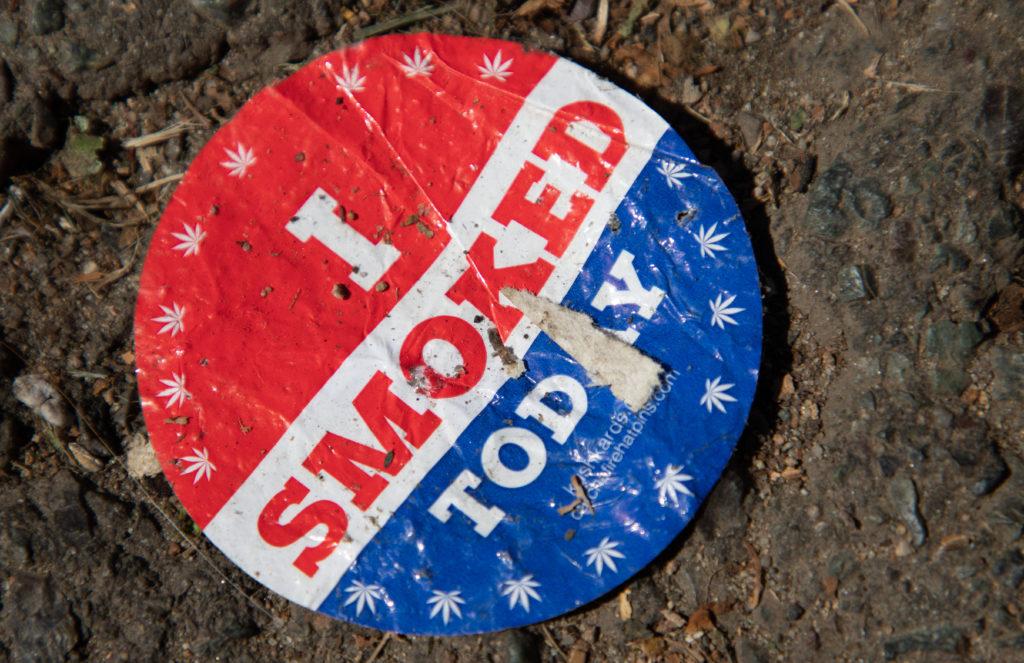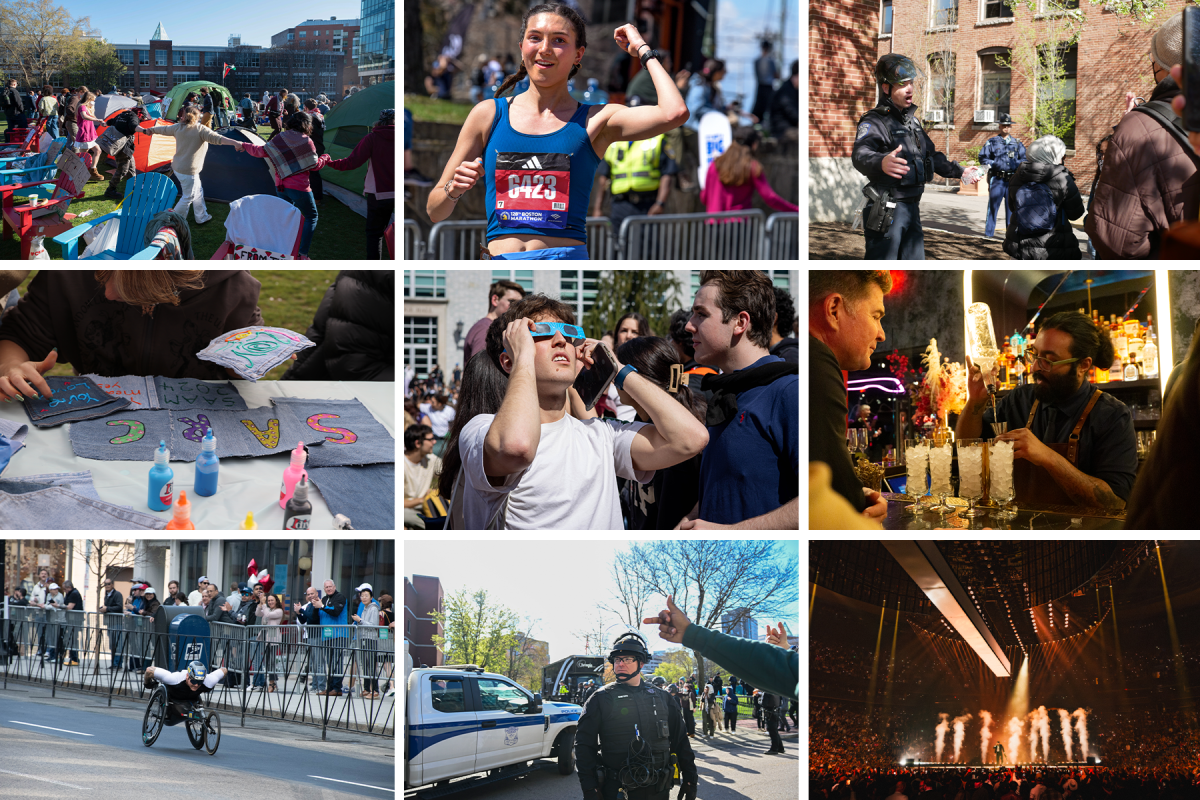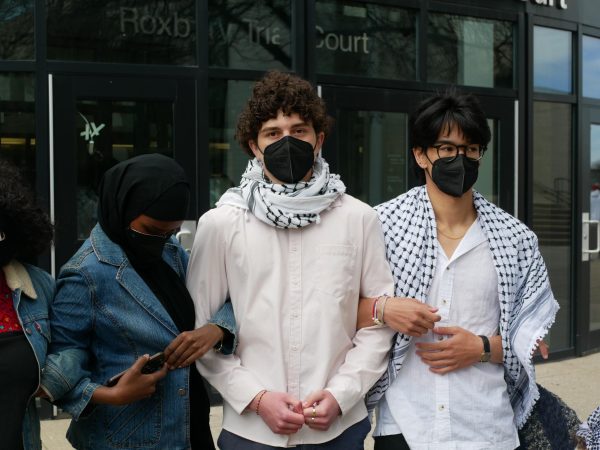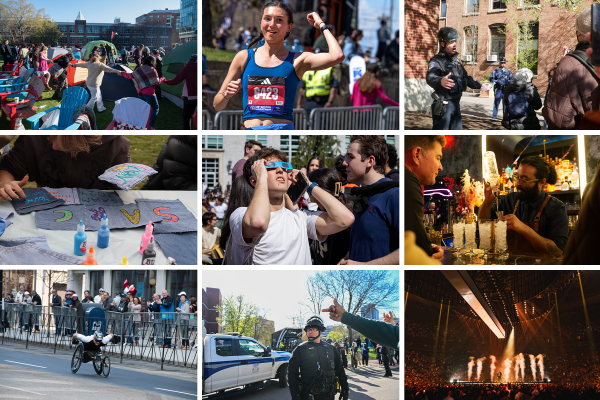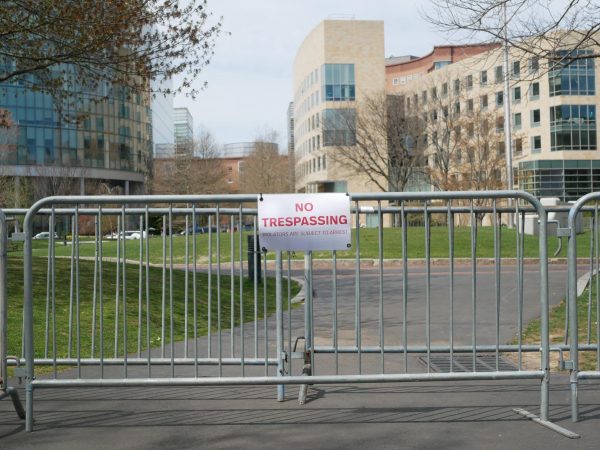Opinions still vary on marijuana three years after decriminalization
Three years have passed since the decriminalization of recreational use of marijuana in Massachusetts for those 21 and over, and for some, it is still a polarizing issue.
March 13, 2019
Three years have passed since the decriminalization of recreational use of marijuana in Massachusetts for those 21 and over, and for some, it is still a polarizing issue.
“I don’t like what Massachusetts did,” said Dr. Denise Valenti, a researcher with thirty years of experience in sensory impairment and cognitive dysfunction.
Valenti is currently conducting research in Quincy, Massachusetts, with a specific goal in mind. Her team is looking to develop a better, more efficient way for law enforcement to screen impaired drivers for cannabis consumption. This area, Valenti said, is a dangerous oversight in the current legislation.
“I think individual states should develop a strong piece of legislation that has a lot of built-in public health protections,” Valenti said. In Massachusetts, however, Valenti said the legislation was “written by the industry, for the industry.”
“Massachusetts sadly has the fewest per capita of drug recognition expert officers of any legal state,” Valenti said, stating that to be on par with states like Colorado and Washington, Massachusetts would need to train at least 200 more officers to be drug recognition experts, which involves an intensive three-week training program.
Valenti said that her research, paired with a more thoroughly-trained police force, would ensure that marijuana users take the consequences of impaired driving seriously. “In Massachusetts,” she said, “young people tell me they know they won’t get a ticket.”
“I really am for legal marijuana,” Valenti said, “but I think there is a lot to be improved.”
Chris Harkins, CEO of Northeast Alternatives, a medical and recreational dispensary in Fall River, is more confident in regulations within the state.
“They’re very serious, they want to do this right,” he said of Massachusetts’ efforts with the industry. “It has taken them a while to roll it out and that’s frustrated some people, but I understand why.” In a relatively new and rapidly developing industry, Harkins said there are bound to be growing pains.
“The original application process was pretty flawed, so it took us a few years to get our first license,” said Mark Zatyrka, CEO of Insa, a dispensary with locations in Springfield and Easthampton. Zatyrka said the initial application process for opening a dispensary was negatively affected by cronyism and inconsistencies in scoring across cities.
“The state’s come a long way, but we still have a little bit further to go,” Zatyrka said. “It’s a new industry, the state and the inspectors are learning new things every day just as we are.”
Just as legislators and dispensary owners are adapting to changes, the communities that host them are having to adapt as well.
Zatyrka said there’s been considerable amount of pushback from the host communities of each Insa dispensary.
“I think a lot of people have this image in their head of what our clientele looks like,” he said, “when in reality, it’s people from every demographic and every walk of life coming through our doors.”
This perspective aligns with the initial concerns of racial inequity within the marijuana industry. There has been a history of demographic disparities in marijuana possession arrests, strongly against younger users and black users.
The American Civil Liberties Union reported in 2016 that people aged 18 to 24 accounted for 63 percent of those arrested for marijuana possession offenses, and in some counties, the disparity in arrest rates for black people and white people more than doubled after decriminalization. In contrast, only 4.3 percent of marijuana business owners and founders nationwide are black, according to a 2017 Marijuana Business Daily survey of cannabis professionals.
In a written statement to The News, Mayor Martin J. Walsh’s office affirmed its “commitment to ensuring the cannabis industry in Boston brings opportunity to all communities, and continues the Administration’s focus on creating a more equitable Boston.”
Their efforts lie mainly in the application process. In an editorial published in December 2018 in The Boston Globe, Walsh wrote that despite opposing the legalization, he would be dedicated to setting a new standard for equity in the marijuana industry. Walsh emphasized an overarching goal to give priority to “diverse” applicants and open the industry for people in communities disproportionately affected by the war on drugs. However, there is still no operational definition readily available of what constitutes a “diverse” applicant.
Zatyrka said the best path toward improvement is open discussion. His dispensary holds town-hall style community outreach meetings open to members of their host community.
“Education is a big part of it,” Zatyrka said. “I think the law enforcement and government can definitely provide as much education as they can, but they aren’t typically experts in cannabis. We consider ourselves experts, and that’s a role we take very seriously.”
Amanda Rositano, director of operational compliance for New England Treatment Access, a medical dispensary with locations in Brookline and Northampton, also acknowledges the importance of public education on safe usage.
“Education is at the heart of the NETA operation,” she wrote in a statement to The News. “Our motto — start low, go slow — is always the best advice.”
Brandon Pollock, CEO of Theory Wellness, a recreational dispensary in Great Barrington and Bridgewater, noted the stigma surrounding marijuana usage, but likes to remind people of the alternative.
“We are bringing this out of the shadows,” Pollock said. “Operating a business within the laws and regulations helps to remove that stigma.”
Like many dispensary owners, he stands by the quality of Theory Wellness products, especially compared to what was sold on the black market before decriminalization. Pollock said the success state-level marijuana industries have had in creating a safer channel for consumption may indicate federal legalization is on the horizon.
“It’s extremely exciting,” Pollock said. “We have a very unique opportunity to shape history.”


